Dark Legacy of South Korean Presidents: Assassinations, Coups, and Impeachments
South Korea's political history takes another dramatic turn as President Yoon Suk-yeol recently declared martial law—a move not seen in over 50 years in the nation's democratic framework. Although swiftly overturned by Parliament, this controversial decision has reignited discussions about the turbulent fates of past South Korean presidents. From assassinations to coups and prison sentences, the presidency in South Korea has often been marked by turmoil and tragedy. Let’s delve into the shocking history behind these leaders and their ill-fated tenures.
Syngman Rhee: Resigned Amid Public Protests
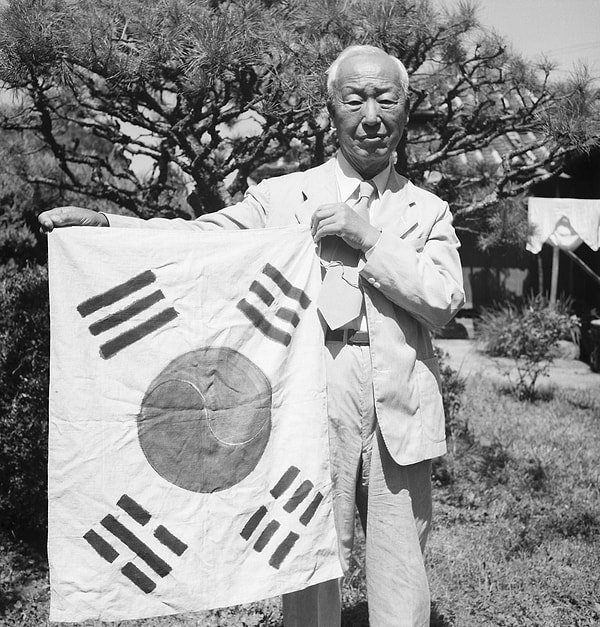
Rhee, South Korea’s first president, led the country during wartime. In 1960, he secured his fourth term with 90% of the vote, raising suspicions of election manipulation. This sparked protests and revolts among Koreans. Following a student-led revolution, Rhee was forced to resign.
Yun Bo-seon: Deposed in a Coup
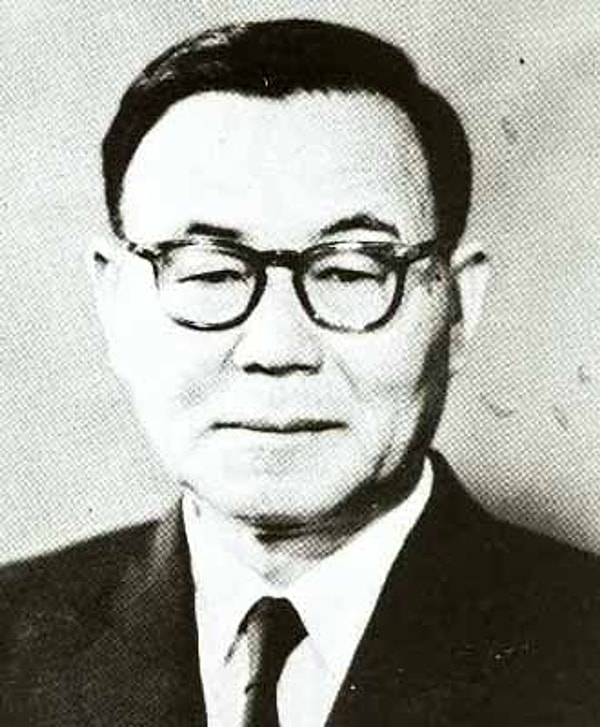
Yun succeeded Rhee and was a leader of the Democratic Party. However, internal conflicts within the party led to his downfall. Less than a year into his presidency, Yun was overthrown in a coup.
Park Chung-hee: Assassinated
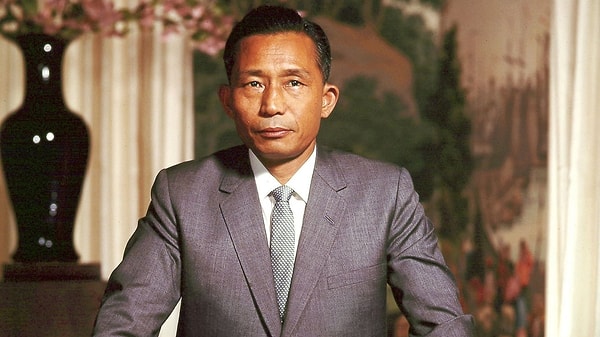
After a military dictatorship, Park became president and oversaw South Korea's rapid growth during the 1960s and 1970s. However, his popularity waned, and he was ultimately assassinated by a close associate.
Choi Kyu-hah: Resigned as Military Took Control

Following Park’s death, Choi was elected but lacked widespread public support. Efforts for political liberalization, including amnesties for over 680 political prisoners, caused unrest. As public protests and uprisings escalated, military influence grew, and Choi resigned.
Chun Doo-hwan: Sentenced to Death
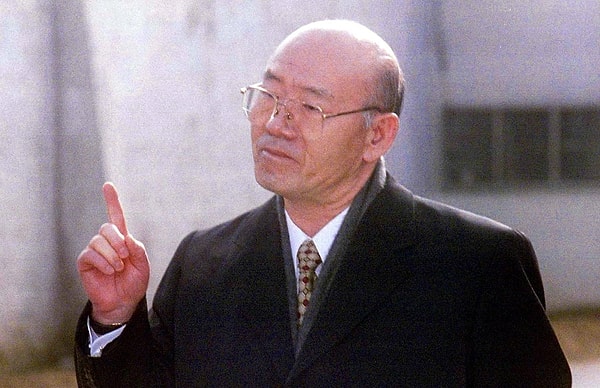
Chun assumed power after Choi’s resignation, serving as president for seven years. After stepping down, Chun was accused of accepting massive bribes during his presidency. Convicted of corruption, he was initially sentenced to death, later commuted to life imprisonment, and finally pardoned in 1997.
Roh Tae-woo: Imprisoned
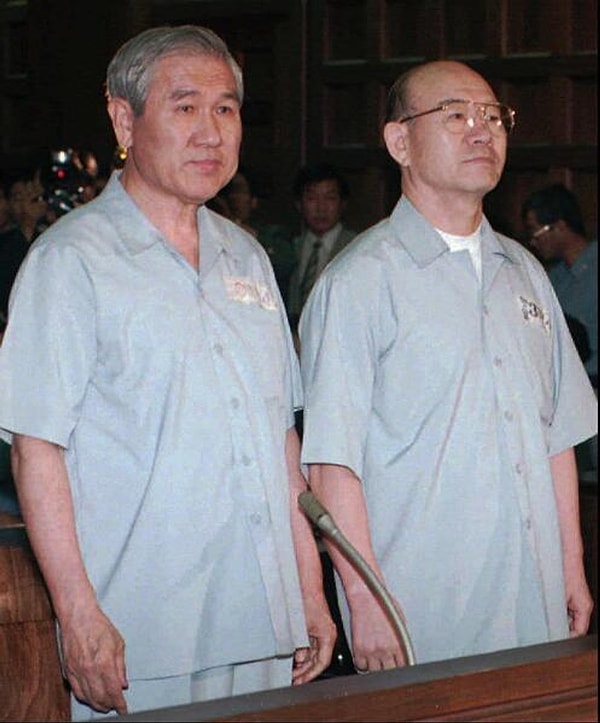
Roh, Chun’s successor, also faced charges of corruption after leaving office. Like Chun, he was sentenced to prison but later pardoned.
Kim Young-sam: Tarnished by Corruption and Crisis
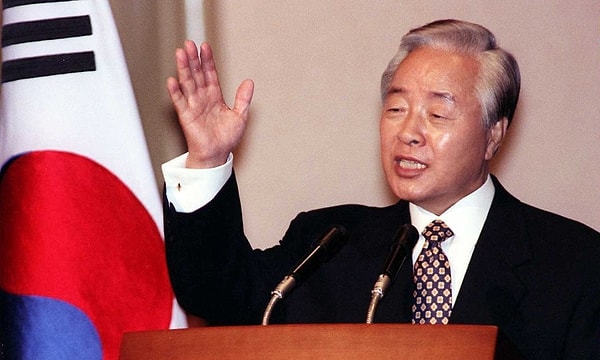
During his five-year term, corruption scandals and the Asian financial crisis destabilized South Korea’s economy. Kim’s popularity plummeted, and he was succeeded by Kim Dae-jung.
Kim Dae-jung: Sentenced to Death Before Presidency
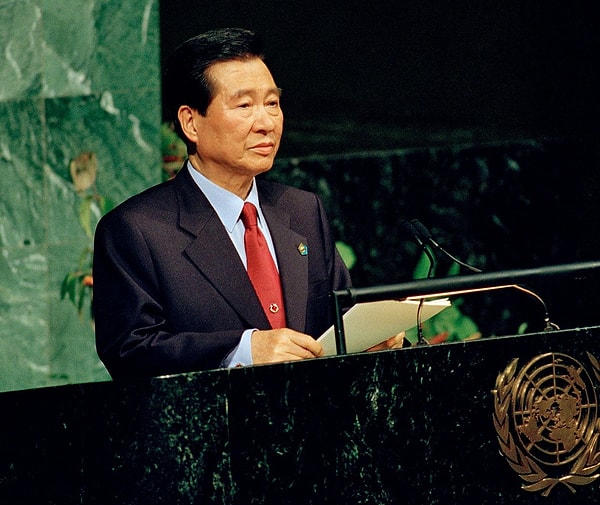
Before his presidency, Kim was convicted of rebellion and conspiracy in May 1980 and sentenced to death. President Chun commuted the sentence to life imprisonment and later to 20 years. Kim went into exile in the U.S. in 1982 but returned to South Korea in 1985, eventually becoming a prominent opposition leader.
Roh Moo-hyun: Committed Suicide
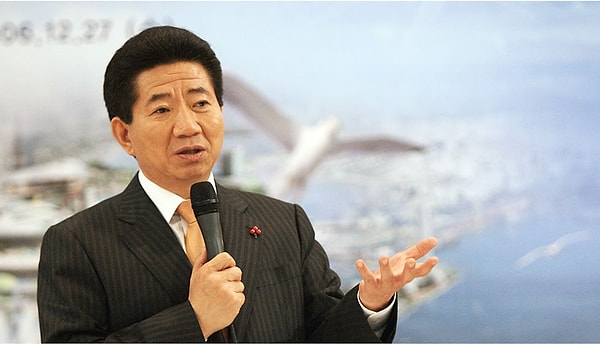
After leaving office, Roh faced corruption allegations and was under investigation. In May 2009, he took his own life.
Lee Myung-bak: Imprisoned
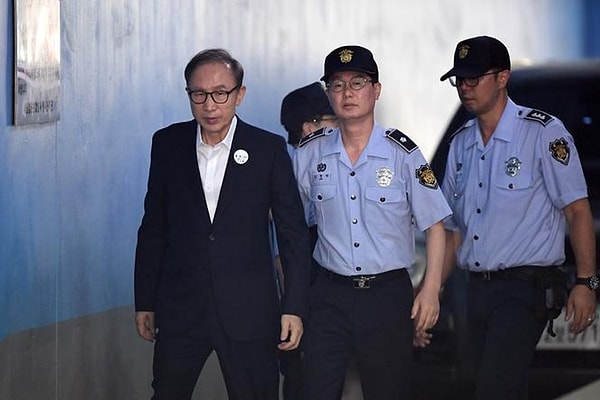
Lee was sentenced to 15 years in prison for corruption but was released on bail during his appeal. The Supreme Court rejected his appeal, and he was sent back to prison. In December 2022, President Yoon Suk-yeol pardoned him, canceling his remaining sentence and unpaid fines.
Park Geun-hye: Sentenced to 24 Years in Prison and Fined

In April 2018, Park was convicted of corruption and sentenced to 24 years in prison, along with a $17 million fine. This landmark decision was broadcast live on Korean television. Subsequent trials added more sentences, totaling 33 years, before being reduced to 20 years in 2020.
Moon Jae-in: Completed Term Peacefully
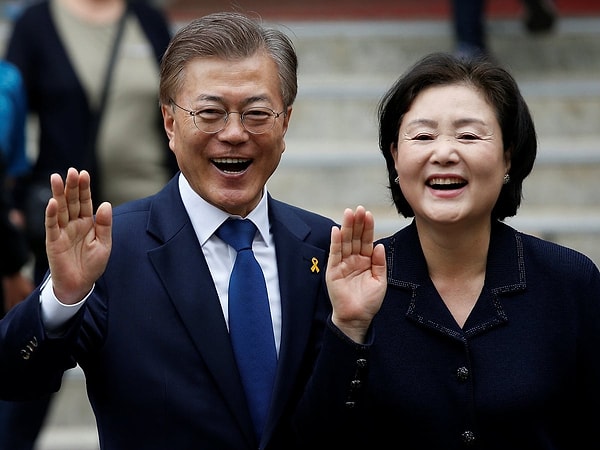
Moon served as South Korea’s 19th president and completed his five-year term on May 10, 2022, without any issues. In accordance with the constitution, he peacefully handed over power to his successor, Yoon Suk-yeol.
Keşfet ile ziyaret ettiğin tüm kategorileri tek akışta gör!


Send Comment